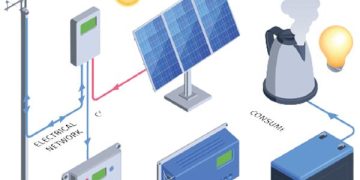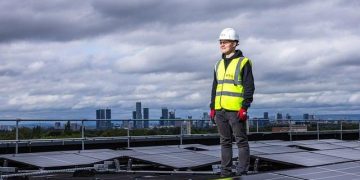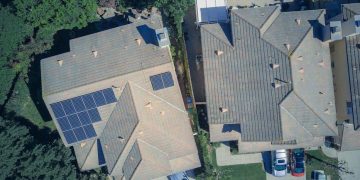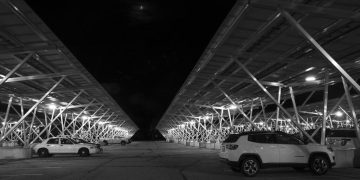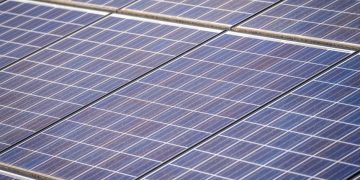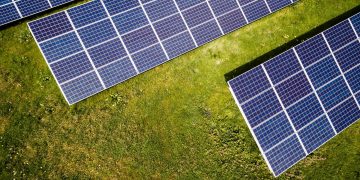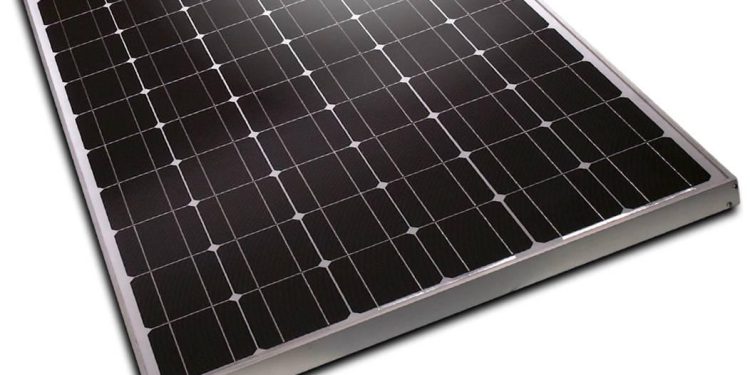In a world increasingly powered by renewable energy, the sun stands as a brilliant beacon of sustainability, casting its golden rays upon the rooftops of homes eager to embrace a greener future. As the shift towards solar energy gains momentum, homeowners find themselves at the crossroads of innovation and practicality, faced with the pivotal decision of choosing the best solar panels for their abode. This choice is not merely a technical consideration; it is a commitment to a more sustainable lifestyle, a step towards reducing carbon footprints, and an investment in the future of energy independence. In this guide, we will navigate the myriad of options available, shedding light on the key factors that will help you harness the sun’s power efficiently and effectively, transforming your home into a beacon of clean energy. Whether you’re driven by environmental stewardship or the promise of long-term savings, this article aims to illuminate your path towards selecting the solar solution that best aligns with your needs and aspirations.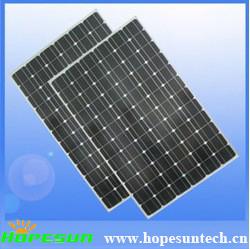
Understanding Solar Panel Types and Their Benefits
When delving into the world of solar energy, it’s essential to understand the variety of solar panel types available and the unique benefits they offer. Monocrystalline panels, known for their high efficiency and sleek appearance, are an excellent choice for homeowners with limited roof space who want to maximize their energy output. Polycrystalline panels, while slightly less efficient, offer a cost-effective solution with a lower price point, making them ideal for those looking to balance performance and budget. For those interested in newer technologies, thin-film panels provide flexibility and a lightweight design, perfect for unconventional installations or areas with weight restrictions.
Each type of panel has its own set of advantages, and choosing the right one depends on several factors. Consider the following when making your decision:
- Space Availability: Monocrystalline panels are optimal for small spaces due to their high efficiency.
- Budget Constraints: Polycrystalline panels offer a more affordable option without significant performance loss.
- Installation Flexibility: Thin-film panels can be installed on a variety of surfaces, thanks to their lightweight and adaptable nature.
- Aesthetic Preferences: If the look of your solar array is a priority, monocrystalline panels are often favored for their uniform, dark appearance.
By evaluating these factors, homeowners can make an informed decision and select the solar panel type that best suits their energy needs and personal preferences.
Evaluating Efficiency and Performance Metrics
When it comes to selecting solar panels for your home, understanding the key performance metrics is crucial for making an informed decision. Efficiency is a primary consideration, indicating how well a solar panel can convert sunlight into usable electricity. Higher efficiency panels, while often more expensive, may offer better performance in limited space, allowing you to maximize energy output on smaller roofs. Consider the following factors when evaluating efficiency:
- Cell Type: Monocrystalline panels typically offer higher efficiency compared to polycrystalline and thin-film options.
- Temperature Coefficient: Panels with a lower temperature coefficient perform better in hot climates, maintaining efficiency as temperatures rise.
Another vital metric is the performance warranty, which reflects the manufacturer’s confidence in their product’s longevity and reliability. A robust warranty ensures that your investment is protected against unforeseen degradation or malfunctions. Power tolerance is also worth noting, as it measures the actual power output relative to the rated power, ensuring you get the energy production you expect. Keep these metrics in mind, and you’ll be well on your way to choosing the solar panel system that best fits your home’s needs.
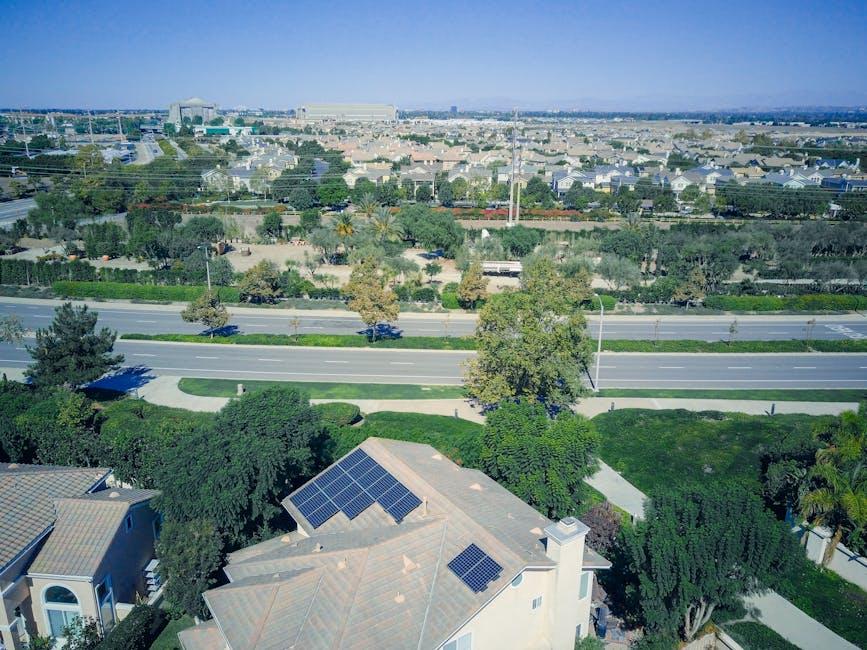
Considering Installation and Maintenance Factors
When selecting solar panels for your home, it’s crucial to think beyond just the initial purchase. Installation and maintenance are key factors that will influence both the efficiency and longevity of your solar energy system. Start by assessing the complexity of the installation process. Some solar panels are designed for easy installation, which can save you on labor costs, while others may require more specialized expertise. Check if your chosen provider offers installation services or if you’ll need to hire a separate contractor. Additionally, consider the type of roof you have, as some panel systems are more compatible with specific roofing materials.
Maintenance should also be a primary consideration. Look for panels that come with:
- Warranties that cover both performance and product defects.
- Self-cleaning technology or coatings that minimize dirt accumulation.
- Accessible customer support for troubleshooting and repairs.
These features can help reduce the long-term upkeep costs and ensure that your solar panels continue to operate at peak efficiency. Remember, a little foresight now can lead to significant savings and satisfaction in the future.

Making an Informed Decision for Your Energy Needs
When it comes to selecting the right solar panels for your home, understanding key factors can make all the difference. Start by evaluating your energy requirements. Consider the following aspects to guide your choice:
- Efficiency: Look for panels with higher efficiency ratings, as they convert more sunlight into electricity, maximizing your energy production.
- Durability: Opt for panels with robust warranties and proven longevity, ensuring they withstand various weather conditions.
- Cost: Balance your budget with quality. Sometimes, investing a bit more upfront can lead to greater savings in the long run.
Next, research different types of solar panels, such as monocrystalline, polycrystalline, and thin-film. Each type offers unique advantages, so understanding their differences will help align your choice with your home’s specific needs and aesthetics.
The Way Forward
As we draw the curtains on our exploration of choosing the best solar panels for your home, remember that this decision is not merely about harnessing the sun’s energy but also about crafting a sustainable future. Armed with insights into efficiency, durability, and cost-effectiveness, you’re now equipped to illuminate your home with the power of the sun. Whether you’re motivated by environmental responsibility, energy independence, or financial savings, your journey towards solar enlightenment is a step towards a brighter tomorrow. As the sun sets on our discussion, may it rise on your new, greener horizon.


